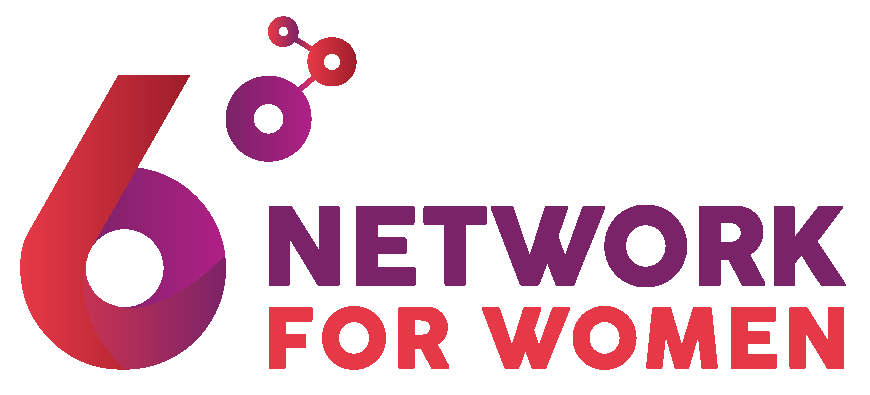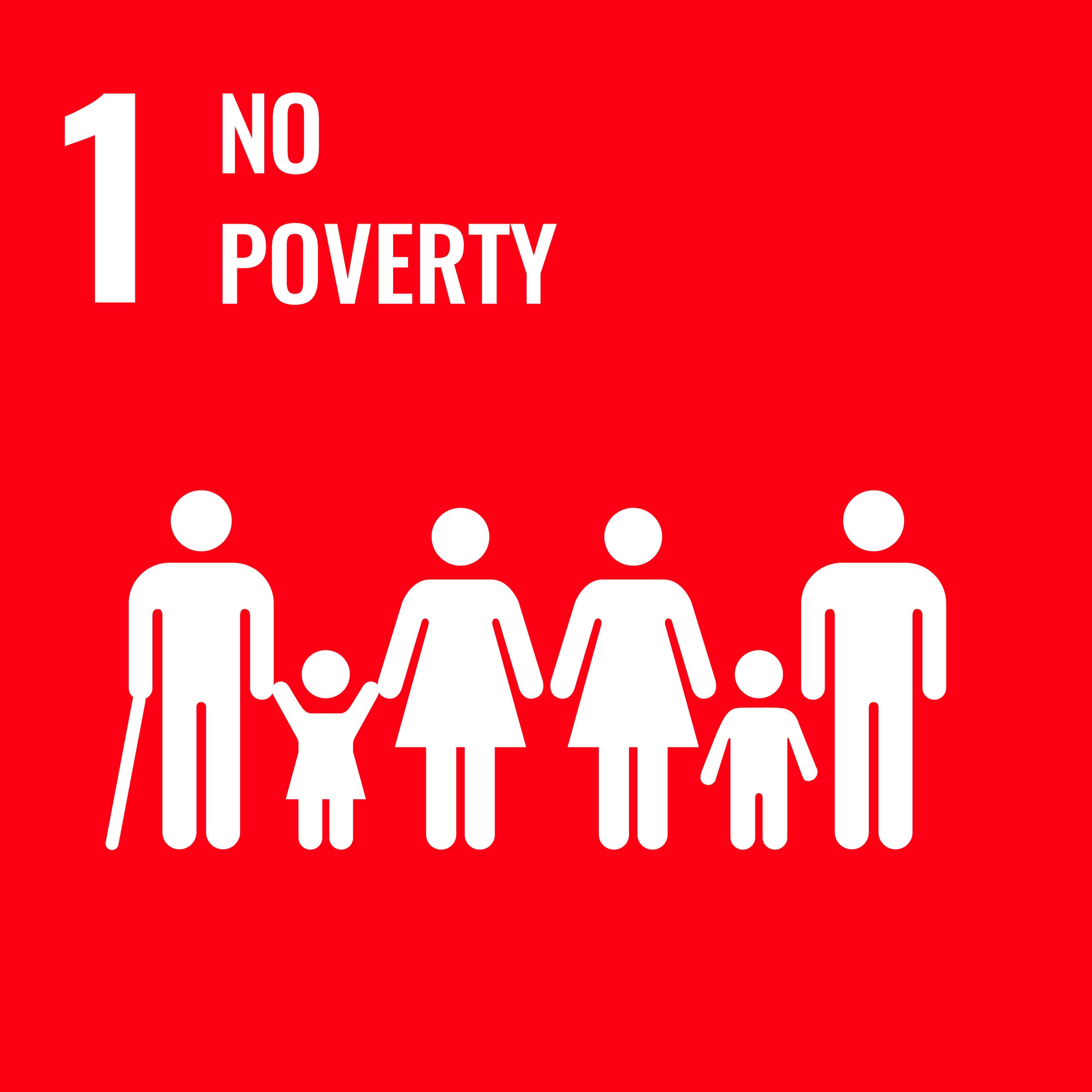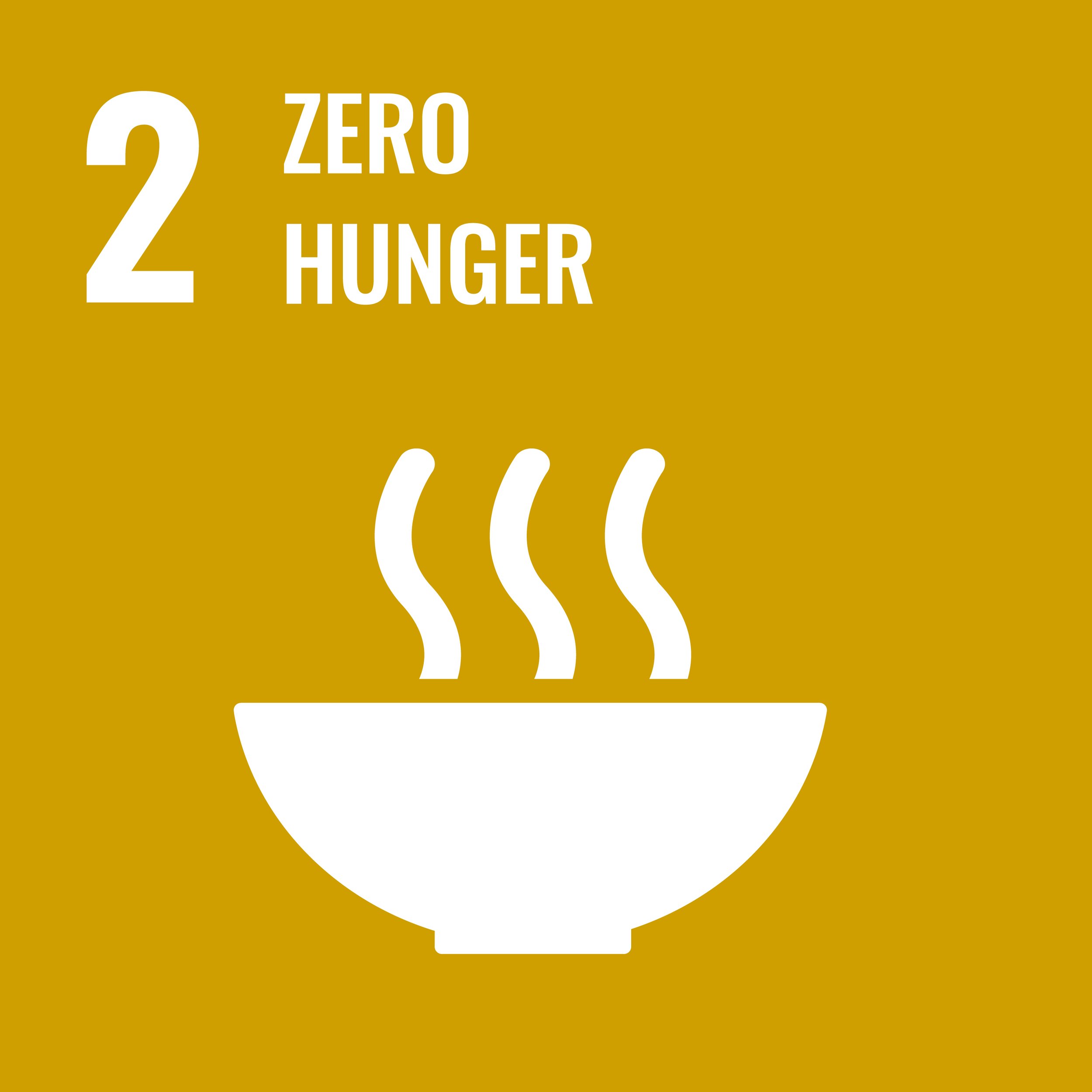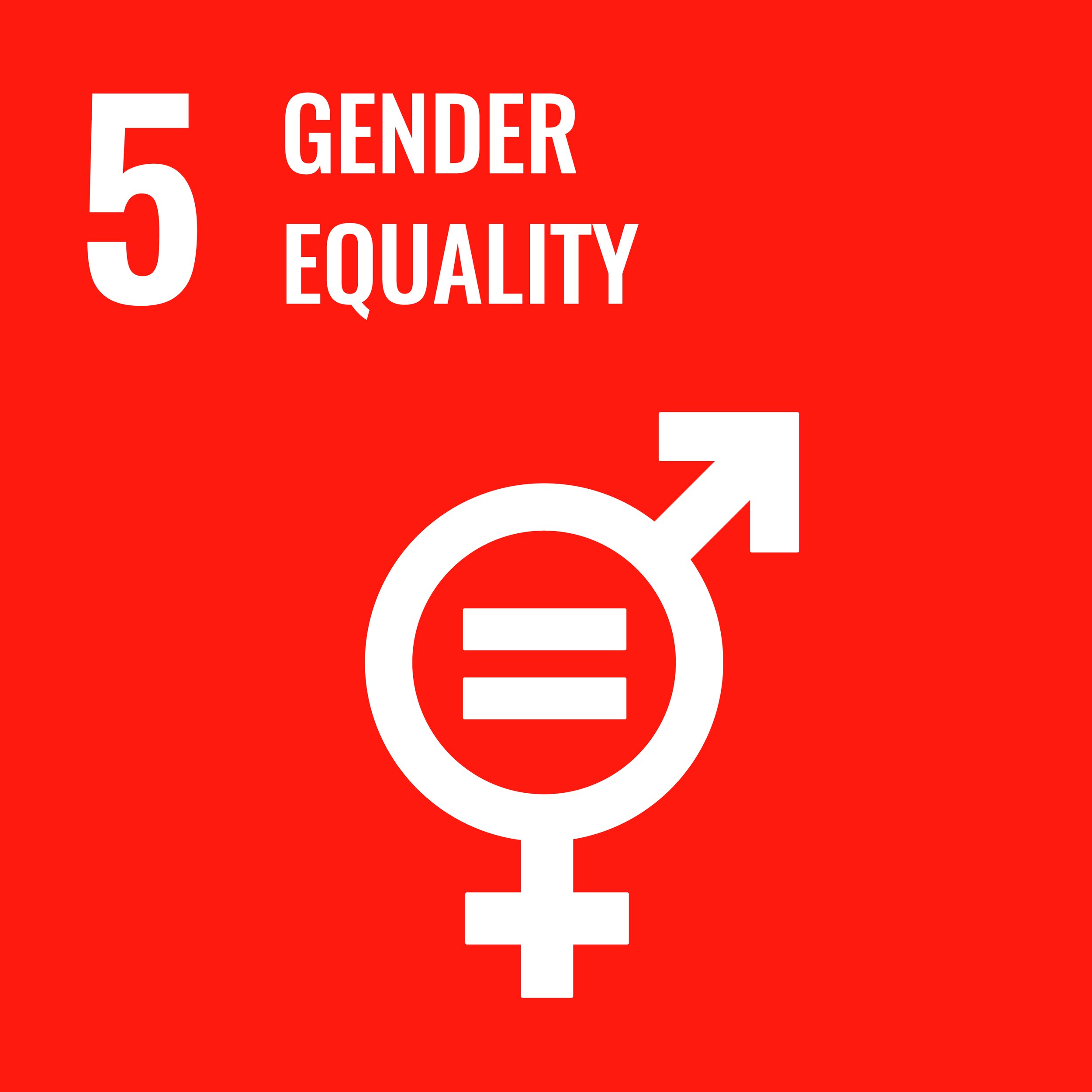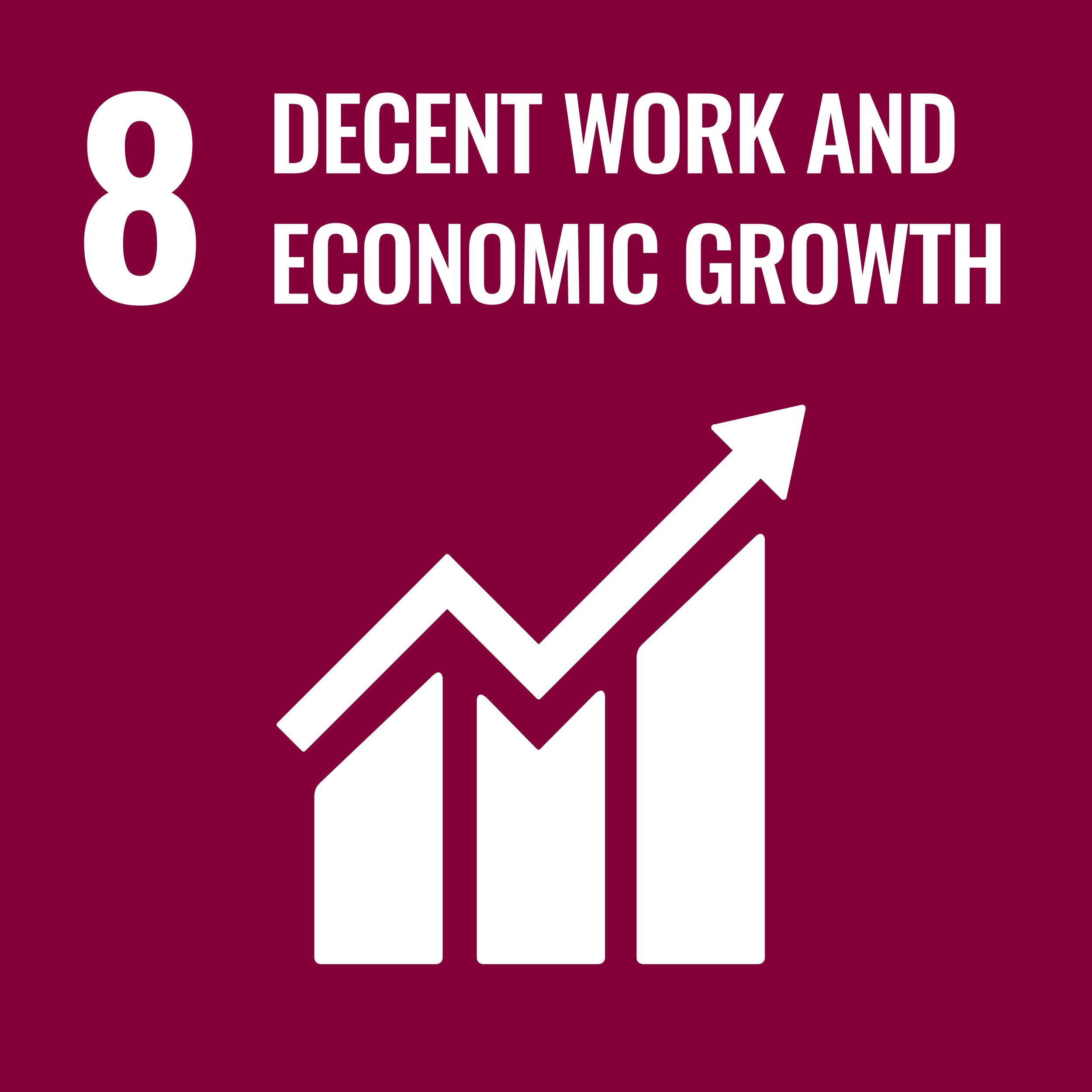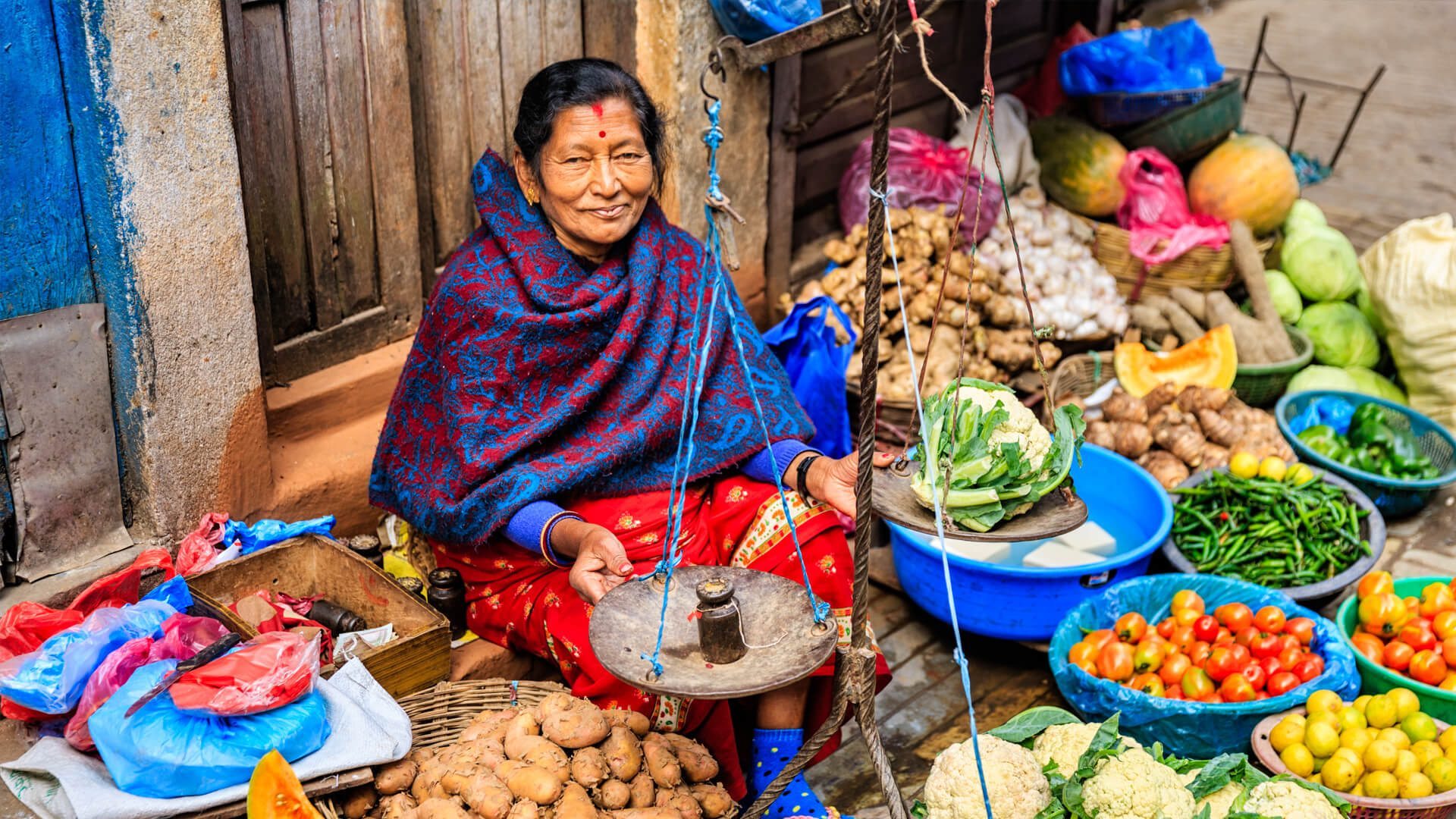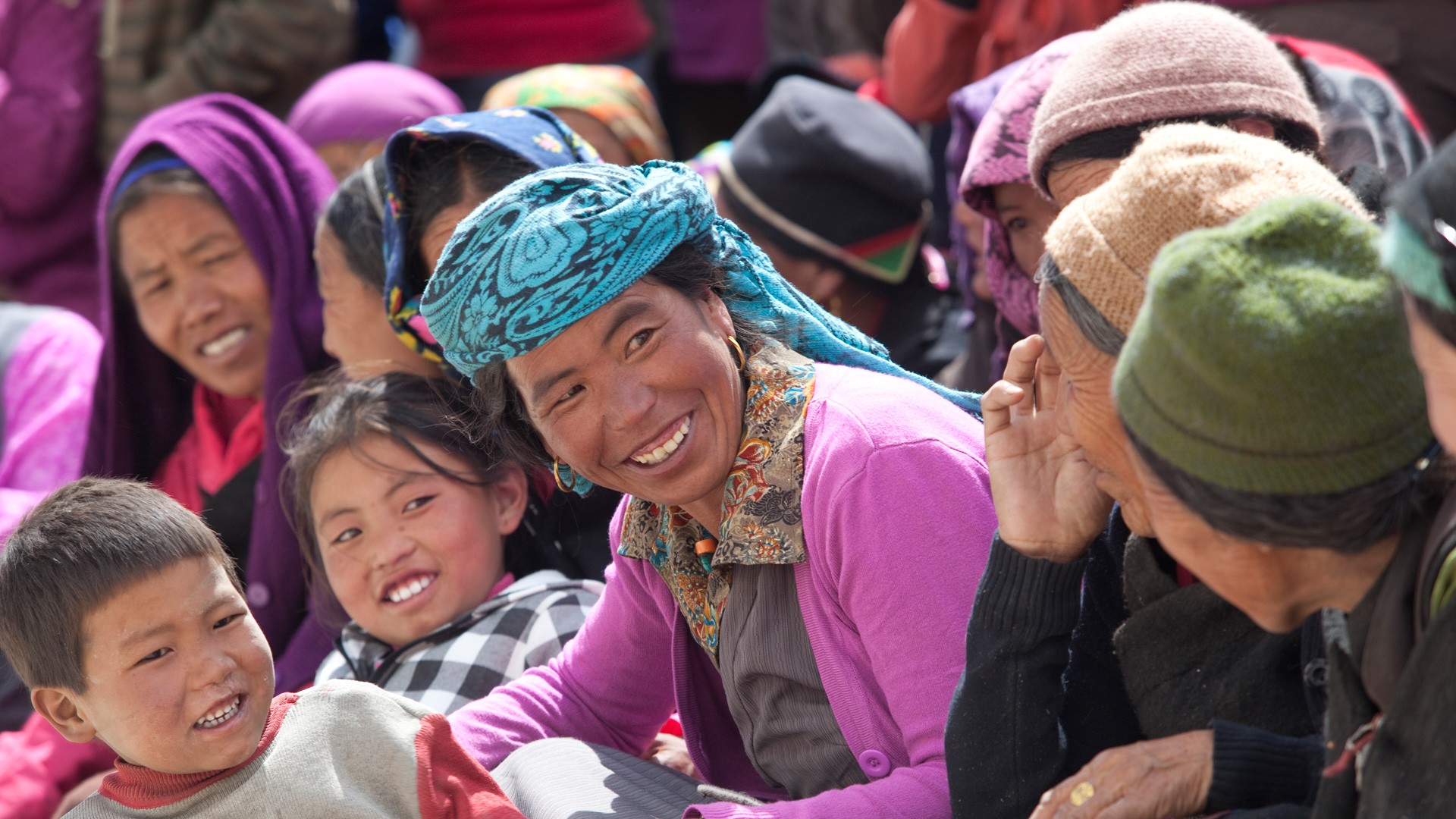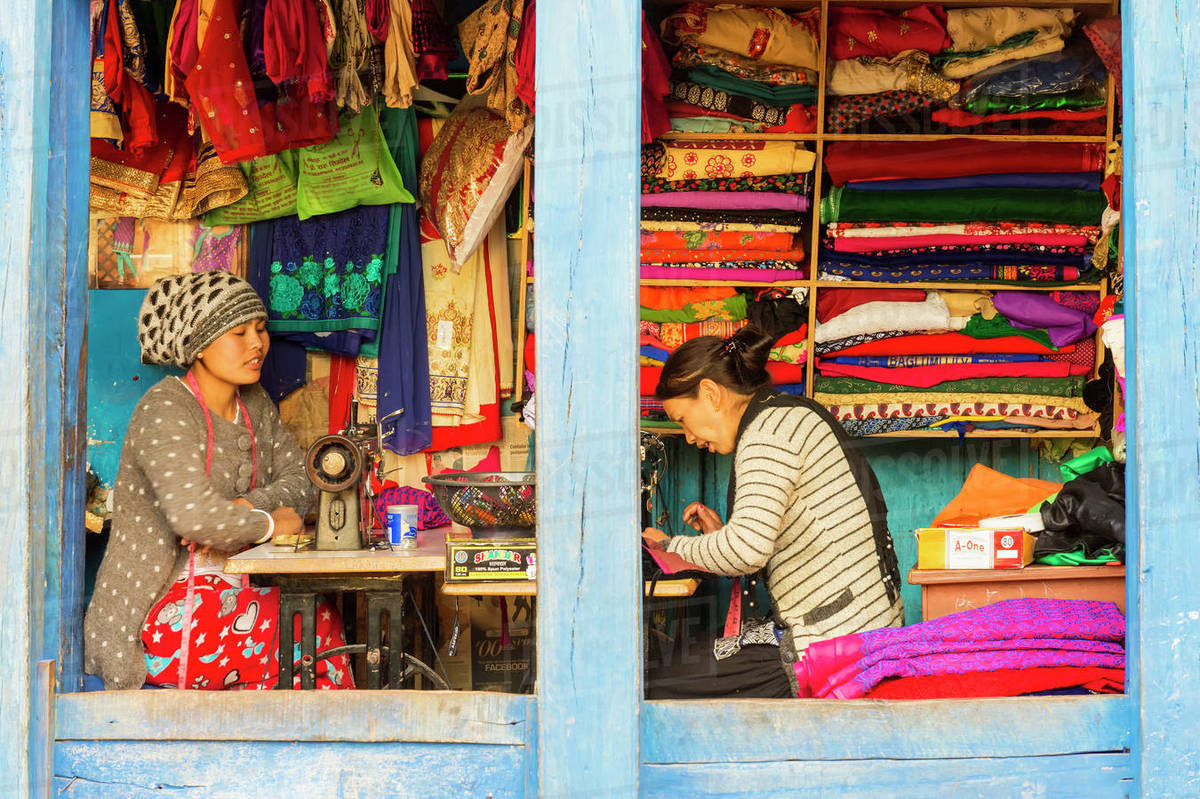
What is 6° Network For Women
We Inspire − Empower − Connect
Our core objective as 6° Network for Women is to create a foundation for marginalised women to set up and run successful businesses in order to create better quality of lives and gain financial independence. We work with value-aligned partners and jointly we aim to create sustainable jobs for marginalised communities to improve their economic and social status.
Through our foundation 6° Academy we offer customised training programmes and toolkits and create a risk free environment in which our candidates can learn how to perform their jobs in the best way possible.
6° Ventures is a social enterprise that provides consulting services, loans, funds and ongoing support to marginalised women who want to set up small businesses. The income generated from 6° Ventures is reinvested to fund new projects or used to fund other not for profit operations of 6° Network for Women.
6° Pay-it-Forward focuses on grassroots women empowerment campaigns. Through 6° Pay-it-Forward, graduates, candidates and women who have benefited from our programmes give back through their participation in awareness campaigns and contributing to our Pay-it-Forward fund. Leveraging the power of 6° Network for Women, we hope to create awareness and provide proof of the societal and economic impact that up-skilling and providing income earning opportunities bring to marginalised women and their communities.
Connecting Hands by 6° serves as an emergency relief vehicle for communities hit by natural disasters, pandemics and other emergency causes. Connecting Hands by 6° collects donations, secures necessary supplies such as food, shelter and medicine to provide to the communities in need.
Our Purpose
6° Network for Women aims to provide marginalised and underprivileged women with much needed access to empowerment services beyond societal and cultural expectations, through which women gain financial independence and by paying it forward, improve the livelihoods of their communities and that of future generations.
Our Core Activities
01.
–
Skills Development Services provides hands-on vocational skills training programmes.
02.
–
Business Services which supports the women in developing their businesses as a consultant — business strategy, securing funding, on-going consulting, and match-making with partners.
03.
–
Social Engagements with two different approaches — women empowerment campaigns and emergency relief operations.
Our 2030 Goals
750
marginalised women educated and employed
50%
Increase in self-esteem and confidence
50
Businesses run by women
12,000
total social Impact

Our Story
6° Founders - Gita (left) and Debbie (right)
Debbie and Gita met in Singapore in 2011 - both career women with children - facing the daily challenge of managing work and family in a culture that does little to support women to find the right balance.
Even before the idea of starting a foundation was born, giving back to the community and helping disadvantaged women lead better lives through financial independence, were topics of many discussions.
On their fact-finding trip to Nepal in October 2017, they were able to validate their idea with local communities, identify opportunities and potential local partners for their foundation. In December 2017 their foundation was born and their first pilot project was launched in February 2018.
The name “6° Network for Women” was chosen and is inspired by the theory of “6 Degrees of Separation” which states that every person in the world is connected to any other person in six or less steps, so that a chain of 'a friend of a friend' can be made to connect two people in a maximum of six steps. As our motto is - We Inspire - Empower - Connect - the name is very fitting.
Why we do what we do?
Key Drivers for Gita
In 2016, taking a break from working, I decided to sign up for Habitat for Humanity’s Nepal Global Village program and in February 2016 left for a 2-week build trip to Nepal. While helping the local villagers rebuild their homes (in the wake of the 2015 earthquake), I met a young woman, Sharada Danuwar, working as a manual labourer carrying bricks. She spoke good English and told me her dream was to become a mason. I asked the regional director of Habitat for Humanity (HfH) why HfH did not have programmes to train local people (women) to learn skills like masonry. This was apparently not in HfH’s remit. This is when our mission to help women to realise their potential, became a reality for me as I had now found my purpose for giving back to my birth country, Nepal, through the spirit and drive of this young women to make something of her life. Ironically, when we visited Nepal in 2017, I found out that Sharada had indeed became a mason.
Key Drivers for Debbie
Having travelled around the globe and seeing first hand that in many developing countries women are at home taking care of their families and communities but not getting the opportunity to learn and develop their skills has always struck me as not right, especially during our fact-finding trip to Nepal in 2017. I am a self-made woman, who had to take care of herself at an early age with little support or direction but at least I could go to school. I was fortunate to meet a few people in my life who saw my potential and the fire I had in me. This really helped me to become a strong, independent and very positive person who sees opportunities everywhere. Even in the Netherlands it is still a challenge for women to get the same opportunities as men. Ego’s and narcissistic behaviour are still impeding economic development in our global society as people more often than not do not want to collaborate with each other. I experienced this first hand and it’s what motivates me even more to go above and beyond and inspire other women to choose their own journey of independence and happiness.
UN Sustainable Development Goals
6° NETWORK FOR WOMEN HAVE CHOSEN THE FOLLOWING UN SUSTAINABLE DEVELOPMENT GOALS AS THEY ARE AT THE HEART OF 6° MISSION TO EMPOWER WOMEN THROUGH BETTER QUALITY OF LIVES AND FINANCIAL INDEPENDENCE.
SDG 1. No Poverty
10 percent of the world population still live in extreme poverty struggling to fulfil the most basic needs in terms of health, education and access to clean water and decent sanitation. In rural areas the poverty rate is three times higher than in urban areas.
SDG 2. No Hunger
Current estimates show that nearly 8.9 percent of the world population (690 million people) is suffering from hunger. The world is not on track to achieve Zero Hunger by 2030. Swift action is needed and at the same time a profound change in the global food and agriculture system is needed if we are to feed the more than 690 million people who suffer from hunger today. Increasing agricultural productivity and sustainable food production are crucial to help alleviate the perils of hunger.
SGD 5. Gender Equality
Gender equality is not only a fundamental human right, but a necessary foundation for a peaceful, prosperous and sustainable world. Although progress has been made over the past decades, a lot still needs to be done and many challenges remain: discriminatory laws and social norms remain pervasive, physical and sexual violence, unpaid care work and work in the informal economy with no social safety net, putting women at greater risk of falling into poverty.
SGD. 8 - Decent Work and Economic Growth
Sustained and inclusive economic growth drives progress, helps create decent jobs and improve living standards. Even before the Covid-19 pandemic, one in five countries – home to billions of people living in poverty – were likely to see per capita income stagnate or decline in 2020. To add to this, as a result of Covid-19 the International Labor Organization (ILO) estimates that 50 percent of the global workforce is at risk of losing their livelihoods.
By empowering marginalised women to become economically independent, whether through employment or setting up of businesses, they will help rebalance the social and economic playing field, thereby ensuring that their children, their communities and future generations break the circle of hunger and poverty and achieve a more prosperous life.
“There is no limit to what we, as women, can accomplish”
Michelle Obama (2012)
Photo: Kalpana Khanal | Global Press Journal

Why Nepal?
Although 6° Network for Women’s ultimate goal is to empower women globally, Nepal — the birth country of co-founder, Gita — was chosen as the country to begin in.
Nepal is still one of the poorest countries in the world with a GDP per capita of USD 1,034.12 in 2019. Higher than only Afghanistan in South Asia. The M7.8 earthquake that struck near Gorkha on April 2015 killed more than 9,000 people and destroyed more than 500,000 houses, leaving 2.8 million people in need of humanitarian assistance. In the earthquakes’ immediate aftermath, relief and rescue work began swiftly. However, over the past four years the recovery effort has slowed down significantly.
From 2008 to 2017, Nepal issued some 3.5 million labor permits to migrant workers, predominantly for travel to Malaysia and nations of the Gulf Cooperation Council (GCC). Many Nepali (mostly men) leave to work abroad due to lack of decent employment opportunities, particularly in rural areas, and the prospects of higher earnings abroad.
In 2017 alone, Nepal received remittances worth NPR 699 billion (USD 6.56 billion) from its citizens employed overseas, more than one-quarter of national GDP, the fourth-highest proportion in the world. Almost half of all households have at least one family member working abroad. This makes it even more difficult for the population across Nepal to rebuild their villages, cities and communities.
To add to this, although the population of working-age females in Nepal is higher than that of males, females still lag far behind when it comes to employment—and the pay gap between the genders is also huge. According to the Nepal Labour Force Survey 2017-18, for every 100 males in the working-age population, there are 125 females, but for every 100 employed males, there are only 59 employed females. The working-age population is defined as people with age 15 and above. Of the total working-age women, only 8.5 million are in the labour force who are either employed or are in search of employment, and only 2.6 million from the total women labour force are employed. This shows only 22.5 percent of working-age women are employed.
By giving women the opportunity to learn vocational skills — even those traditionally practiced by men, such as driving, nature guide, construction, masonry, or carpentry — they will be able to help rebuild their country, become financially independent and support their families and communities. And by providing the support for them to start their own business, we are building a sustainable income sources not only for the women but for the extended community and for the country.
